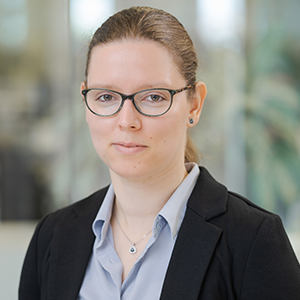What attracted you to your role?
About half way through my PhD I realized that I did not want to be a research scientist. I worked out that what I liked most during my PhD was: going to conferences, attending seminars and literature research to help understand my results. Looking for a job that would allow me to apply similar skills and expose me to emerging technologies was what brought the Patent Attorney profession to my attention.
Once my interest was caught, it was other aspects of the job that solidified the decision for me. I knew that I enjoyed scientific paper writing, so I was happy to commit to a job where much of what I do is writing letters, emails and patents. The deadline driven nature of patent work appealed to me because it segments the work into small tasks that can be completed fairly quickly. And maybe most importantly, the more I looked into patent law, the more interesting it seemed.
When applying for Trainee Patent Attorney positions I looked for firms that worked in areas that interested me. Venner Shipley caught my particular interest because of a seminar they gave on patents in quantum computing which was a topic of my PhD.
What skills are useful in this profession?
- Time management
- Fast reading comprehension
- Writing skills
- Attention to detail
- Researching new science and technology
- Commercial awareness
- Flexible thinking
What are your main duties and roles?
Since I started working at Venner Shipley in September 2021, my main work has been patent case work. Typical case work involves, under the guidance of a partner or senior associate, looking at a patent application, comparing it with other documents of similar technologies and working out arguments to convince the Patent Office that the application is new and inventive – requirements for getting a patent granted. Core to this process is writing up my arguments for approval by the client and as a letter to send to the Patent Office.
Beyond case work, a big part of my current role is learning patent law. My colleagues at Venner Shipley are always happy to answer my questions, but Venner Shipley also provides a structured “boot camp” run by senior associates to give an overview of patent law when starting the job. I also attend CIPA Informal’s Foundation Lectures and will be attending the Queen Mary course in September.






